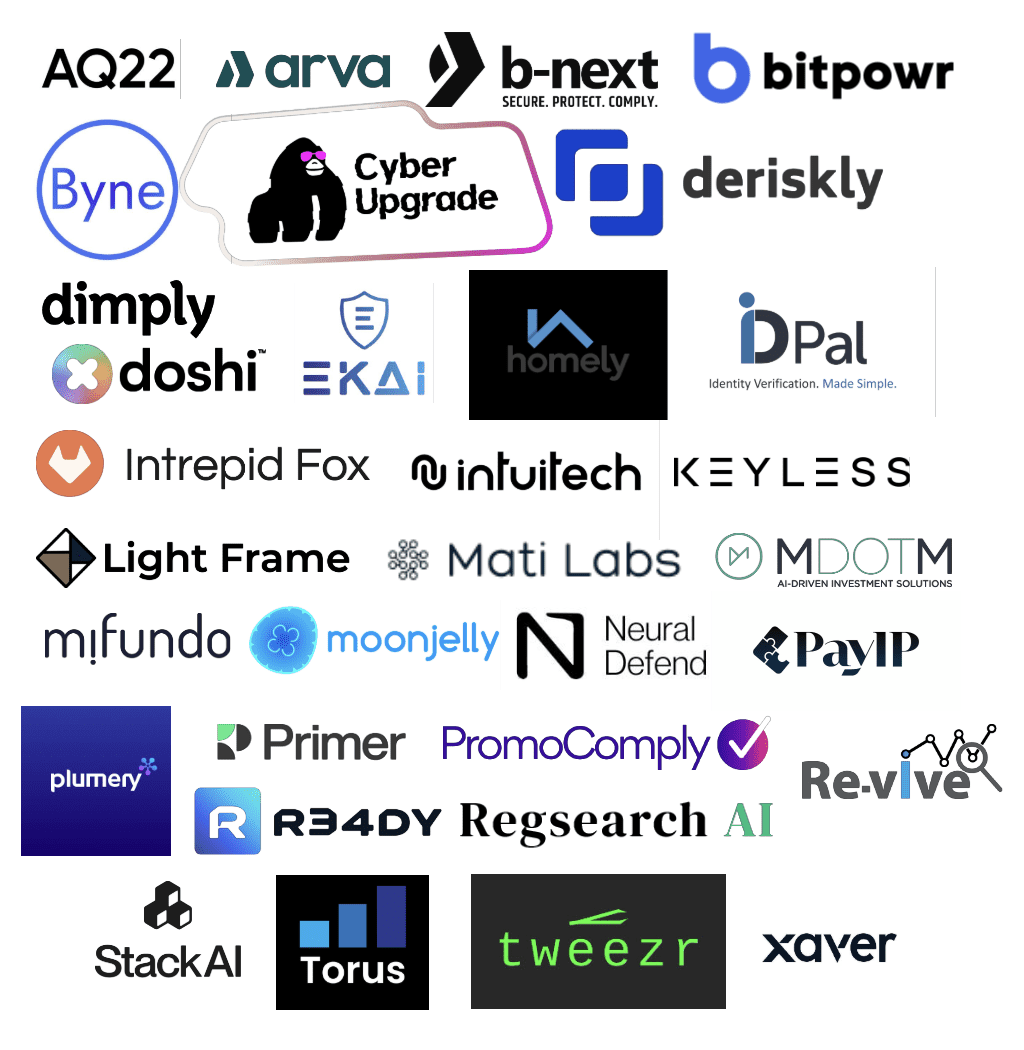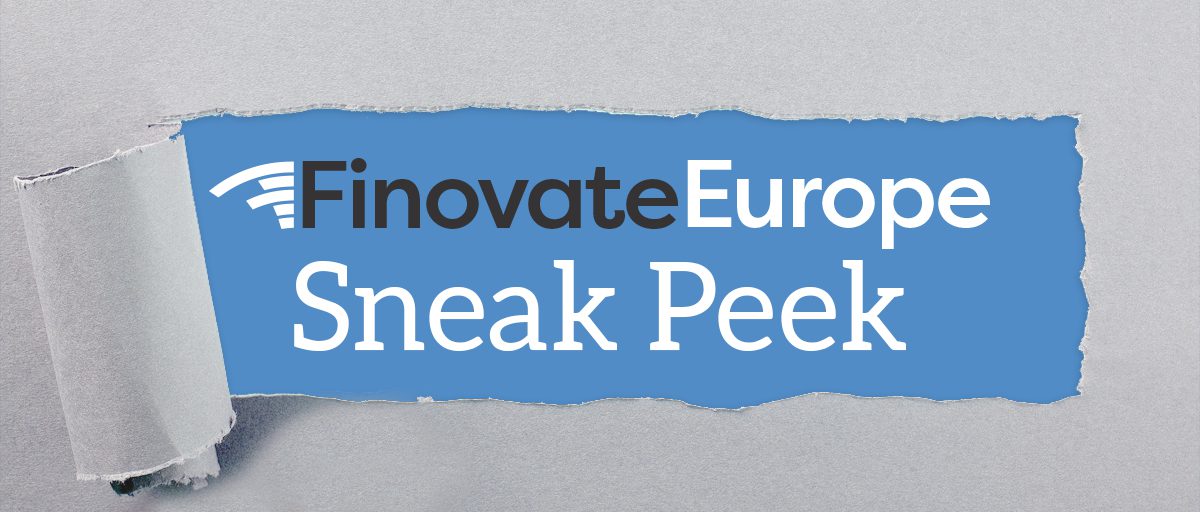
- Corporate payments company Corpay launched multi-currency accounts.
- The new multi-currency accounts allow businesses to receive, hold, and pay in 12 currencies through dedicated accounts.
- Corpay joins a long list of fintechs, including Wise and Revolut, that offer multi-currency accounts.
New York-based corporate payments company Corpay announced it has added multi-currency accounts to its business offerings. The new offering will enable businesses to expand globally and manage their foreign currency from a single place.
Corpay offers accounts payable automation tools, commercial card solutions, and cross-border tools such as multi-currency risk management and global invoice automation. The company serves 800,000 businesses and organizations across a range of industries. Today’s launch will help businesses transacting in foreign currencies simplify their treasury management in a single place instead of opening and managing multiple foreign bank accounts.
“Our goal is to continuously develop solutions that transcend borders, allowing for seamless international operations,” said Corpay Cross-Border Solutions Chief Product & Digital Innovation Officer Tim Watson. “After meticulous development that integrates our customers’ feedback and industry insights, our centralized account solution caters to the needs of businesses engaging in overseas markets across diverse jurisdictions and currencies. It streamlines account opening and management across multiple currencies and countries, simplifying complexity and allowing our customers to focus on their business first.”
The multi-currency accounts allow companies to receive and pay out in 12 currencies via a dedicated account in their business’ name. On the backend, the business will see a unique account assigned to each currency that the accountholder trades. This simplifies the payments and receivables process and lowers the barriers to enter global markets.
Corpay is launching the new multi-currency accounts after completing pilot testing and adjusting the tool based on customer feedback. “The development of Multi-Currency Accounts has been a collaborative effort with our customers, and their buy-in and willingness to provide feedback has been instrumental,” said Corpay Cross-Border Solutions Group President Mark Frey. “Through our ongoing commitment to client centricity and addressing their needs, we have dedicated ourselves to continuous industry research and competitor analysis, while also constantly gathering invaluable feedback from our customers. Ultimately, our goal is not only to create a best-in-class product, but also to enhance the future success of our clients.”
Launching multi-currency accounts places Corpay in the company of Wise, Revolut, Payoneer, Airwallex, Finzly, and others who also offer multi-currency accounts. Unlike many of the competitors, however, Corpay differentiates itself by offering a wide range of treasury management solutions.
Founded in 1992, Corpay is publicly traded on the New York Stock Exchange under the ticker CPAY with a market capitalization of $25.5 billion. In addition to its corporate payments arm, the company also offers products and services in vehicle payments and lodging payments.










